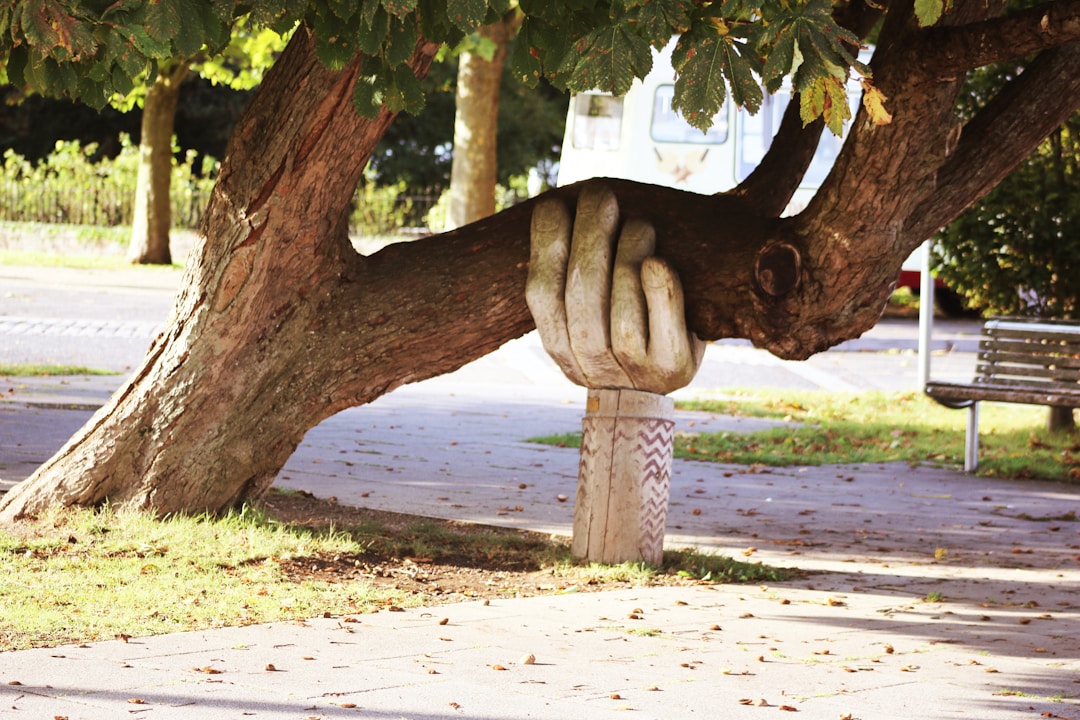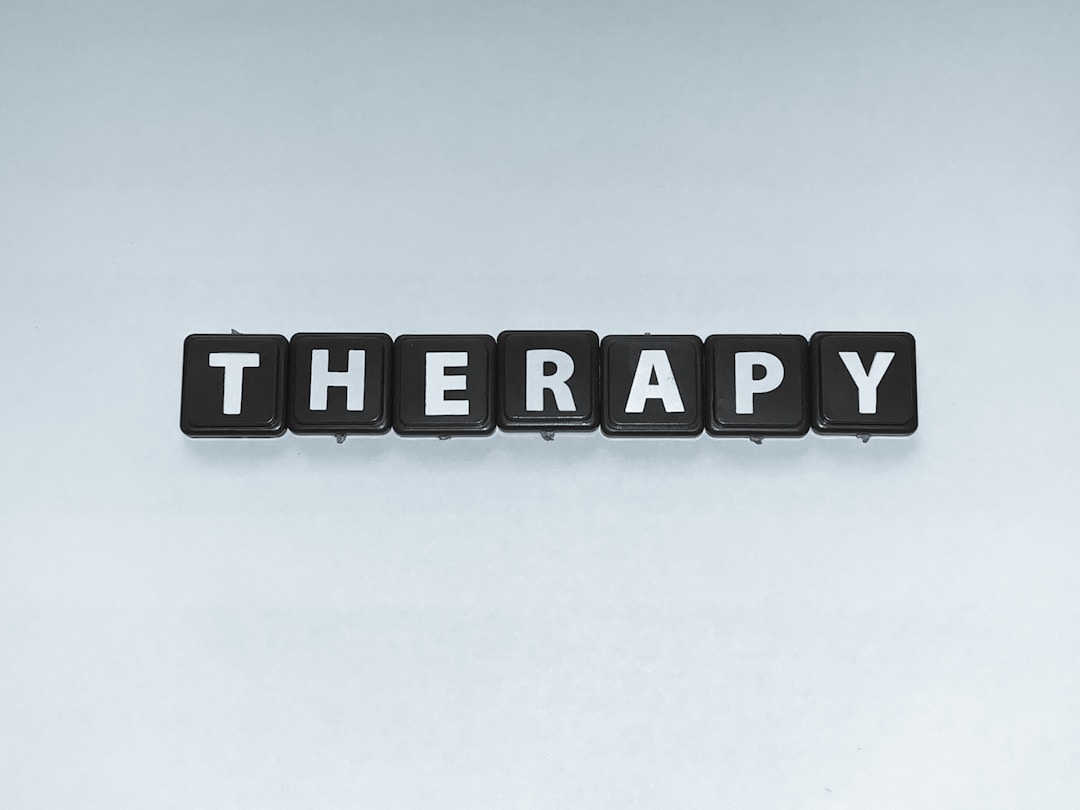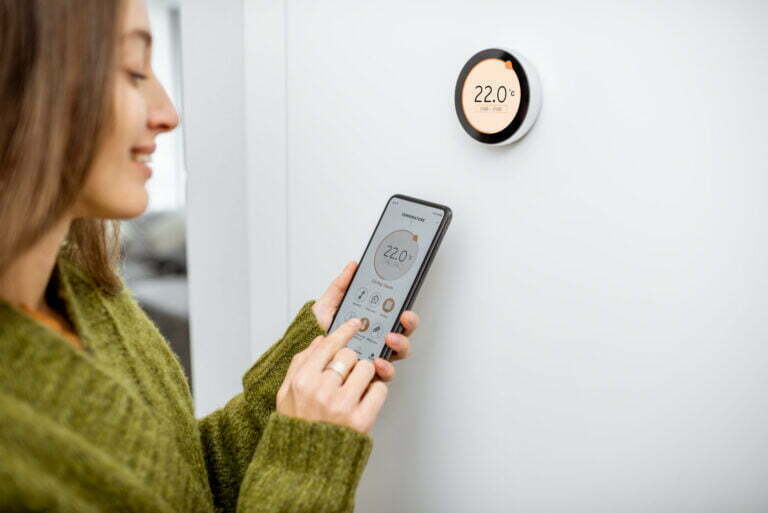The global pandemic, current events, and big changes have caused more people than ever to show depression symptoms like a loss of interest in social activities and hobbies they once enjoyed. In fact, research shows that the United States may even be on the edge of a mental health crisis. With this said, all is not hopeless. The reality is that there are many ways to treat depressive symptoms, anxieties, and even crisis situations.
From standard individual talk therapy to inpatient residential programs, there are many ways you or your loved one can get help now if you’re suffering from a major depressive disorder, symptoms of depression, anxiety, or just believe you need psychotherapy to deal with current stressors or a chronic illness like bipolar disorder. To understand the different levels of psychotherapy and treatments available for treating depression, read on.
Standard Therapy

Most people are familiar with individual therapy where a licensed therapist will work with someone around issues like clinical depression, postpartum depression, delusions, relapse issues, or relationship problems with family members. The most common type of therapy for treating things like bipolar disorder or depressive disorder and dysthymia, individual therapy can encompass a variety of therapeutic modalities such as CBT, ECT, interpersonal therapy, narrative therapy, and solution-focused therapy. Highly effective, a therapist and client work together to improve daily life, prevent relapses, and on lifestyle changes.
If you’ve heard of effective depression therapy treatments where a talk therapist works with a client for a period of months or years, you likely understand the goals of individual therapy on an outpatient basis. In some cases, individual therapy treatment plans as a form of depression treatment work in conjunction with medical treatment where a client takes medication to boost serotonin levels in the brain while having individual therapy. The results can be fantastic in improving daily life function and mood.
Intensive Outpatient and PHP Therapies

Outpatient traditional individual therapy isn’t always enough for people with severe depression, a crisis, or who haven’t had luck with medications or seen improvements in their daily lives after talk therapy for more than twelve sessions. For these clients, it can be a great idea to start an IOP therapy treatment plan. In IOP treatment, clients receive a combination of medications, group therapy, talk therapy, and more. Clients in IOP treatment or a PHP program are monitored closely and often daily by a medical team working to sustain an intensive treatment plan.
Many IOP and PHP programs mean five days a week in a combination of individual and group therapies for up to eight hours a day. In group therapy, clients practice skills through social activities that will help them avoid relapse or improve their daily lives.
Residential Therapy Programs

When IOP and PHP aren’t enough, clients often move to residential programs to treat chronic illness or to manage the side effects of suffering from a severe mental illness. For these clients, who often suffer from major depression, the benefit to a residential program is that the treatment plan includes being sure clients get enough sleep, are on a healthy diet, are engaged in social activities, and get the medical treatment they need.
Oftentimes, a great place for young adults struggling with daily living, residential treatment programs can add up to recovery or management of any type of depression. To find the right residential therapy program for you or your loved one, begin with a Google search for the type of psychotherapy you think you need with your area. An example might be “inpatient brain stimulation therapy near Chicago.” Making an appointment with your doctor to talk about treatment options and the type of psychotherapy that might work for you is a also great idea.
Furthermore, there are many ways to treat mental health conditions like severe depression, hallucinations, suicidal thoughts, fear, anxiety, as well as mental illness after a depressive episode or as a symptom of long-haul Covid-19. Start by calling your doctor or psychiatrist to get a recommendation on the type of therapy, intervention, or counseling you might need. Best of luck to you in your recovery. Your mental health matters and you’re worth it.





